Opening of Anderledy Lodge, Mary MacKillop Place, North Sydney
November 25, 2021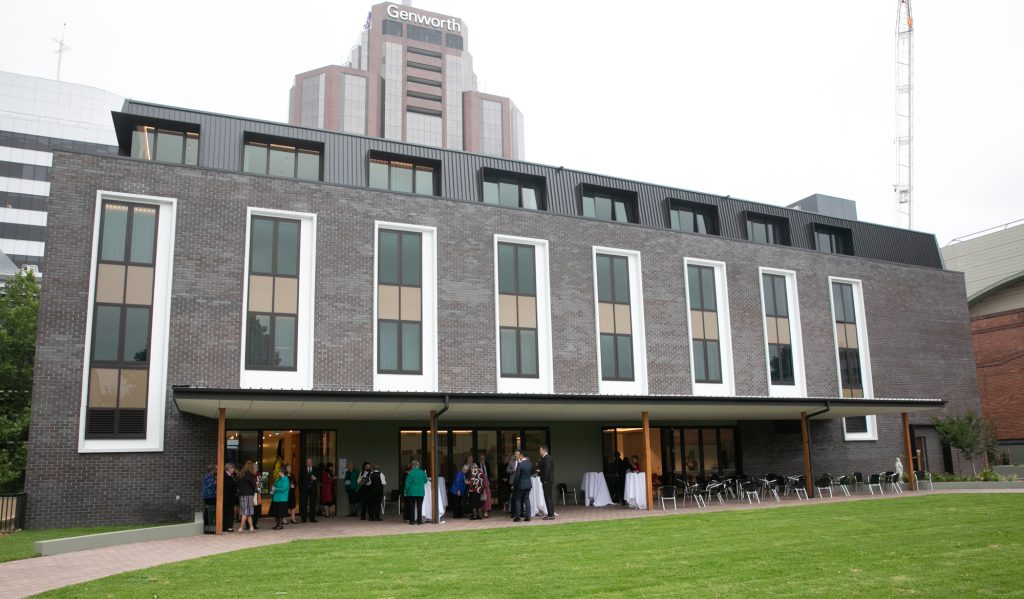
Officially opening on 11 November, was the new Anderledy Lodge at Mary MacKillop Place, North Sydney.
This project began in December 2016, with the Development Application finally approved in May 2019 and the building contract signed in February 2020. Not long after, COVID-19 made its presence felt and had an impact on the progress of the building, especially this year. The completion on 4 November 2021 marked another milestone in the history of Mary MacKillop Place.
A Josephite Companion reflects on the Josephite Charism and Advent

Josephite Companion, Janette Dobson, shares her insight on the recent Josephite Companions Conference and the ongoing influence it has had on her life, and reflects on the wonderful opportunity Advent gives us.
Our Commitment to the Laudato Si’ Action Platform
November 12, 2021
The Sisters of Saint Joseph of the Sacred Heart working in collaboration with the Sisters of Saint Joseph of Lochinvar have committed to the ecological conversion envisioned in Laudato Si’ as the means to respond to the cry of Earth and the cry of people. By implementing a Laudato Si’ Action Plan (LSAP) they hope to take “decisive action, here and now”. (LS 161)
St Mary MacKillop – Our Australian Saint
November 8, 2021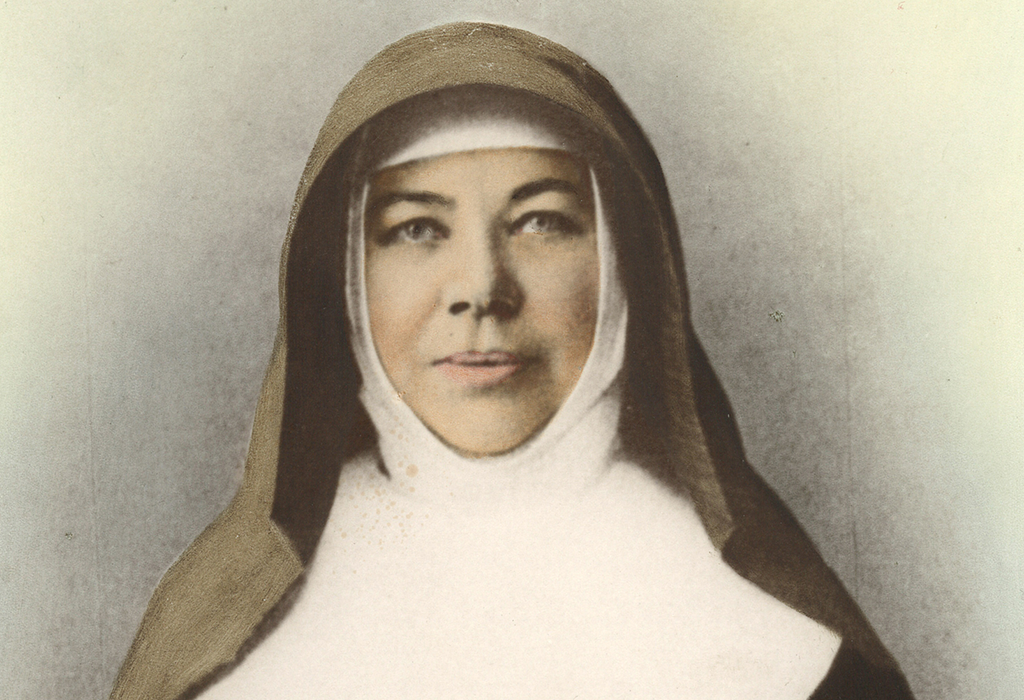
As a child, Saints were an important part of my world. As a community we celebrated our patrons and gazed with mysterious wonder at the beautiful statues that adorned our parish churches. We valued the holy pictures given for achievement or for special occasions, attended the weekly novena for Our Lady of Perpetual Succour and prayed earnestly to St Anthony to search and find our lost items.
Our Laudato Si’ Journey

Josephites from around the globe are watching closely the events at the COP26 Summit this week as world leaders discuss and debate the impact of climate change and the need for critical action now.
Father Julian Tenison Woods: A Passion for Education
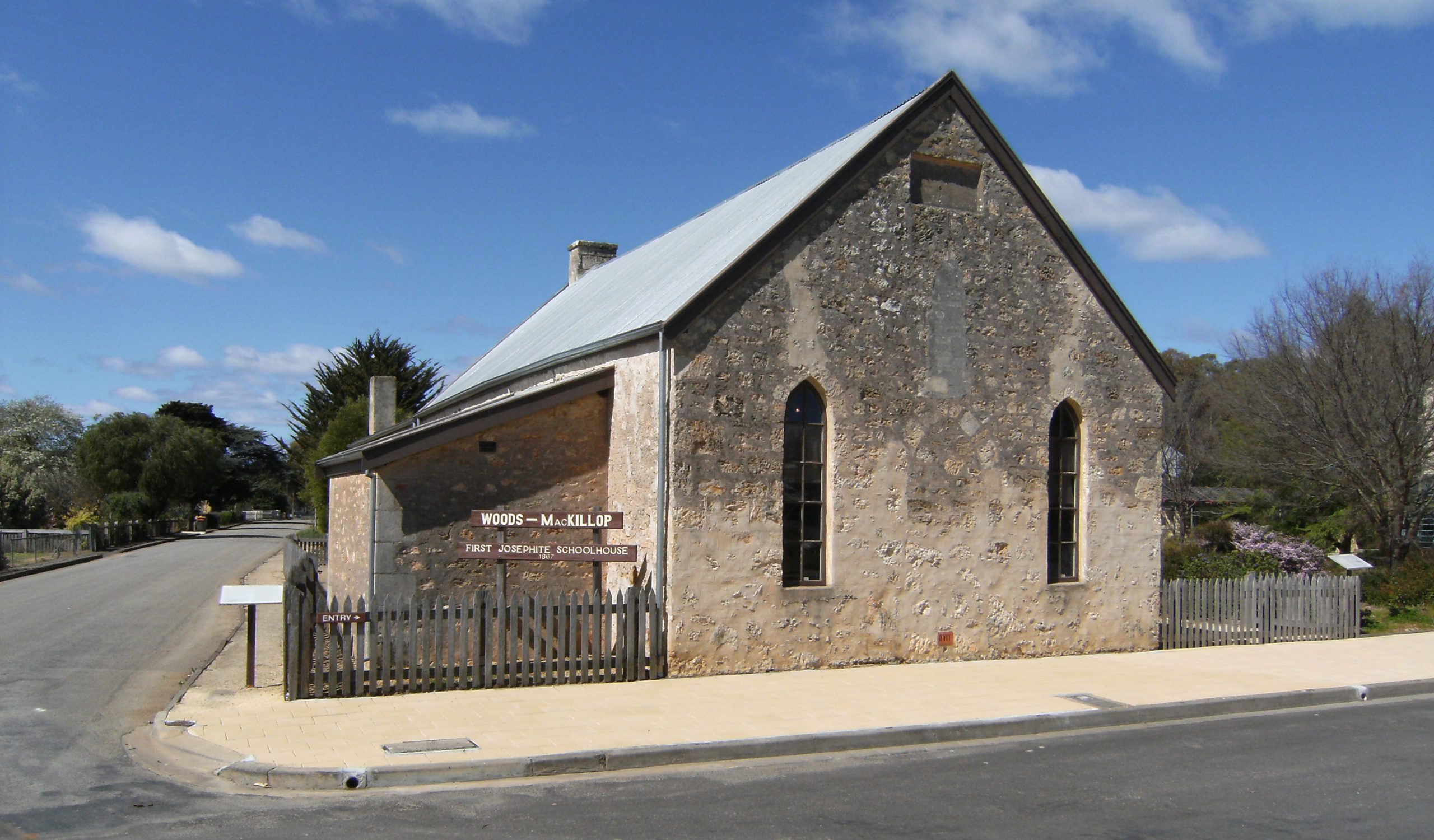
Into the heart of Julian Tenison Woods, God placed a passion for learning.
From his earliest years, Julain thoroughly enjoyed rambling at the seaside, in forests, over rocks or anywhere there was a discovery experience. He was reared in an environment where all lived a productive life with a strong work ethic and where knowledge led to high achievement. This ethic inspired Julian’s priestly ministry until his death.
Going where the work is – World Day of the Poor
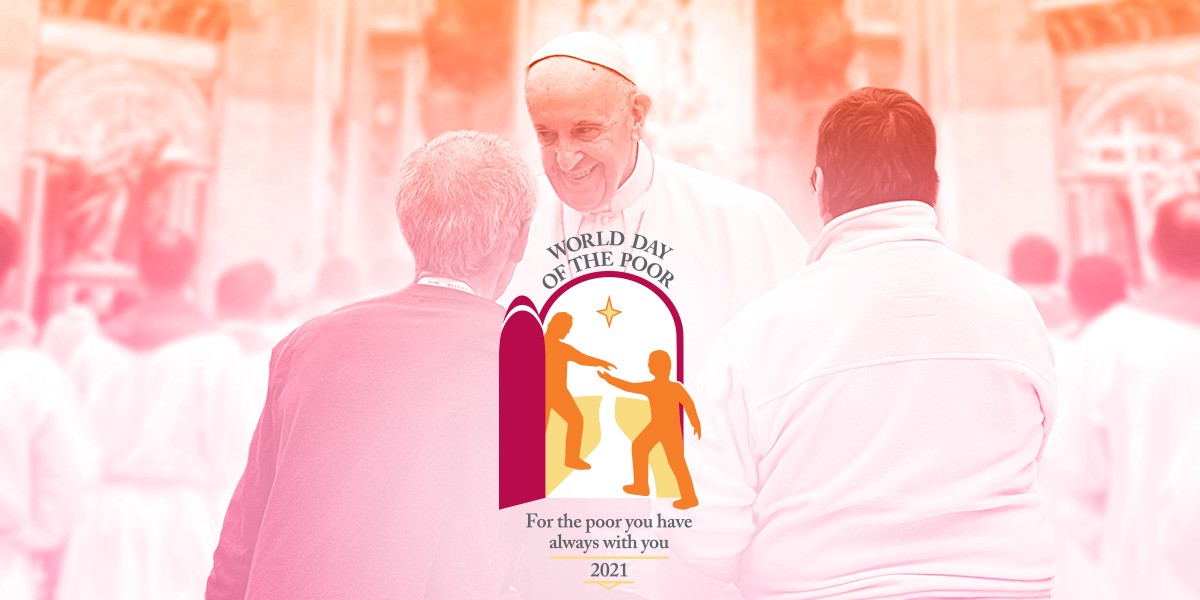
Pope Francis initiated World Day of the Poor in 2017 with the theme “let us love, not with words but with deeds.”
Now in its fifth year, the theme for this World Day of the Poor on 14 November 2021, is from the words of Jesus at the Anointing in Bethany, “for the poor you have always with you”. Pope Francis is calling on us all to go out to meet those who are disadvantaged, vulnerable or marginalised, that we should not wait for people to come to us to ask for help.
Make Kindness a part of your Everyday
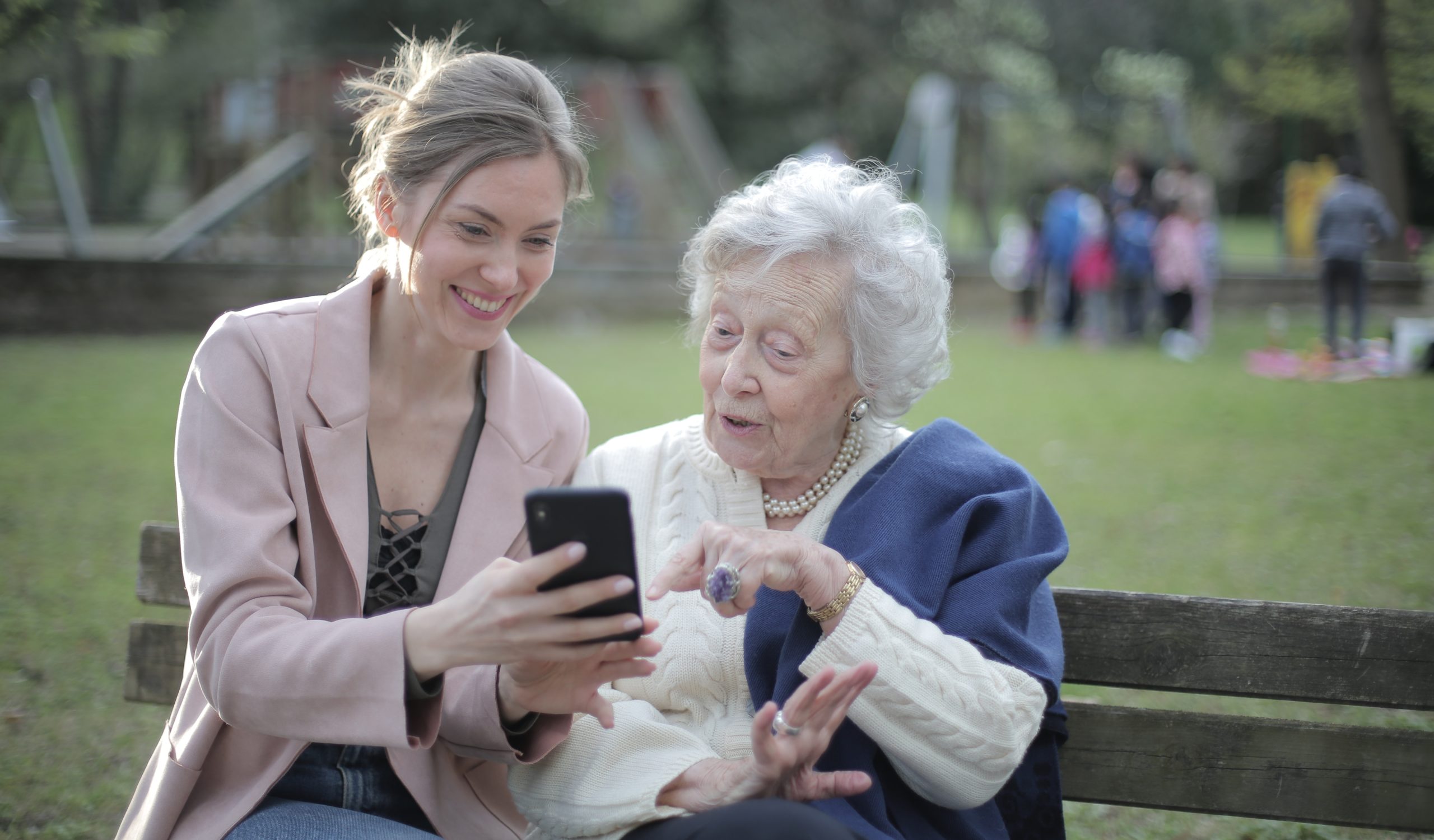
We all have the potential to show kindness, whether we use our words or actions.
With World Kindness Day approaching on Saturday 13 November 2021, we are reminded to show kindness to all – not just for one day, but every day.
